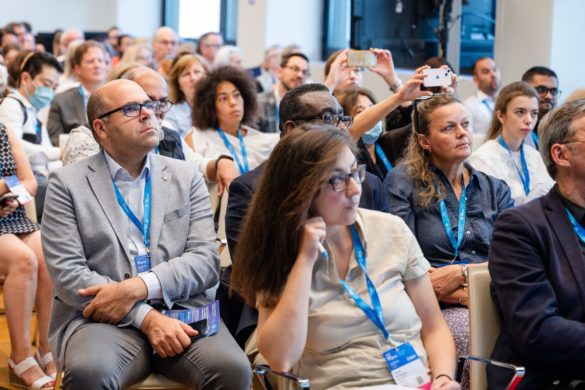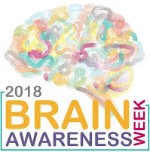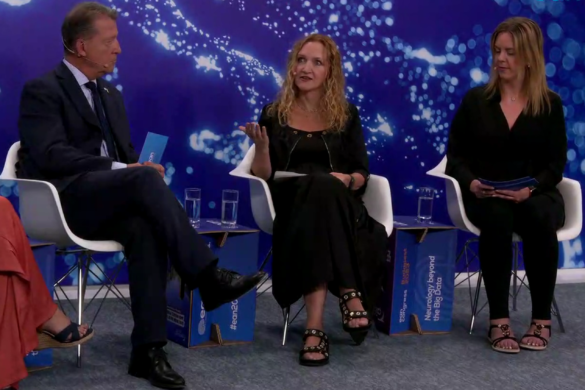The massive demonstrations after the recent sad event in Minneapolis did not only take place in the major US cities but also spread to numerous European countries. The rallies started as a call for justice for George Floyd but were in fact protests against racism and inequities in our society. The COVID-19 pandemic clearly shows that people with low socio-economic status (SES) including individuals with low education and low income, black people, and migrant communities are disproportionally affected. The EuroHealthNet, a not-for-profit partnership of organizations, agencies and statutory bodies working on public health, disease prevention, promoting health, and reducing inequalities clearly states: “This pandemic will have the heaviest impact on the lives of people living in deprivation or facing difficult socio-economic circumstances.” There are also indications that age and gender are important determinants of the vulnerability for the COVID-19 virus.
Prior to the COVID-19 pandemic, the European Academy of Neurology already decided to launch a taskforce on Gender and Diversity in Neurology, with the overall mission to increase awareness and improve knowledge about sex, gender, ethnic and racial differences and disparities in neurological disorders with the aim to improve the outcome of care of neurological patients.
The overall goals of this Task Force are the following:
• To increase awareness of sex, gender, ethnic and racial differences, and diversity in several neurological disorders;
• To understand the aetiology of these differences;
• To recognize their impact on neurology;
• To promote gender equality in care for neurological disorders;
• To disseminate knowledge on gender and diversity issues in neurology;
• To foster health care systems changes.
This Task Force is particularly innovative since it represents a new vision of the discipline of neurology, in line with the modern concept of personalized medicine.
Marianne de Visser and Elena Moro, co-Chairs










